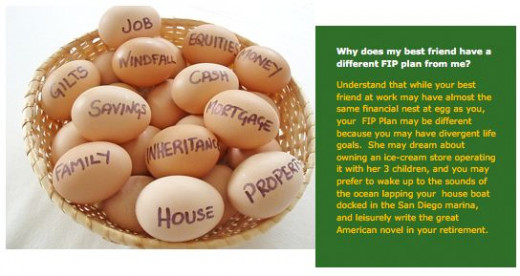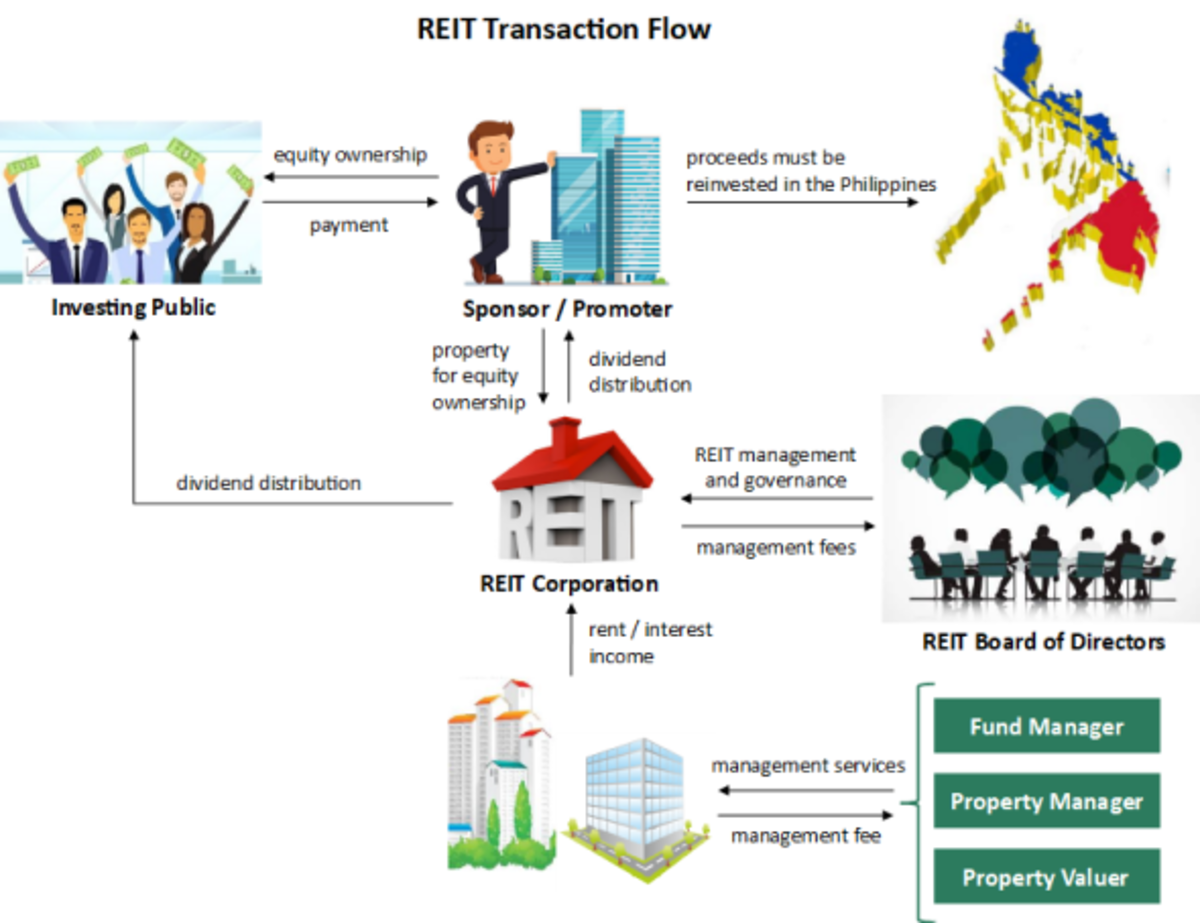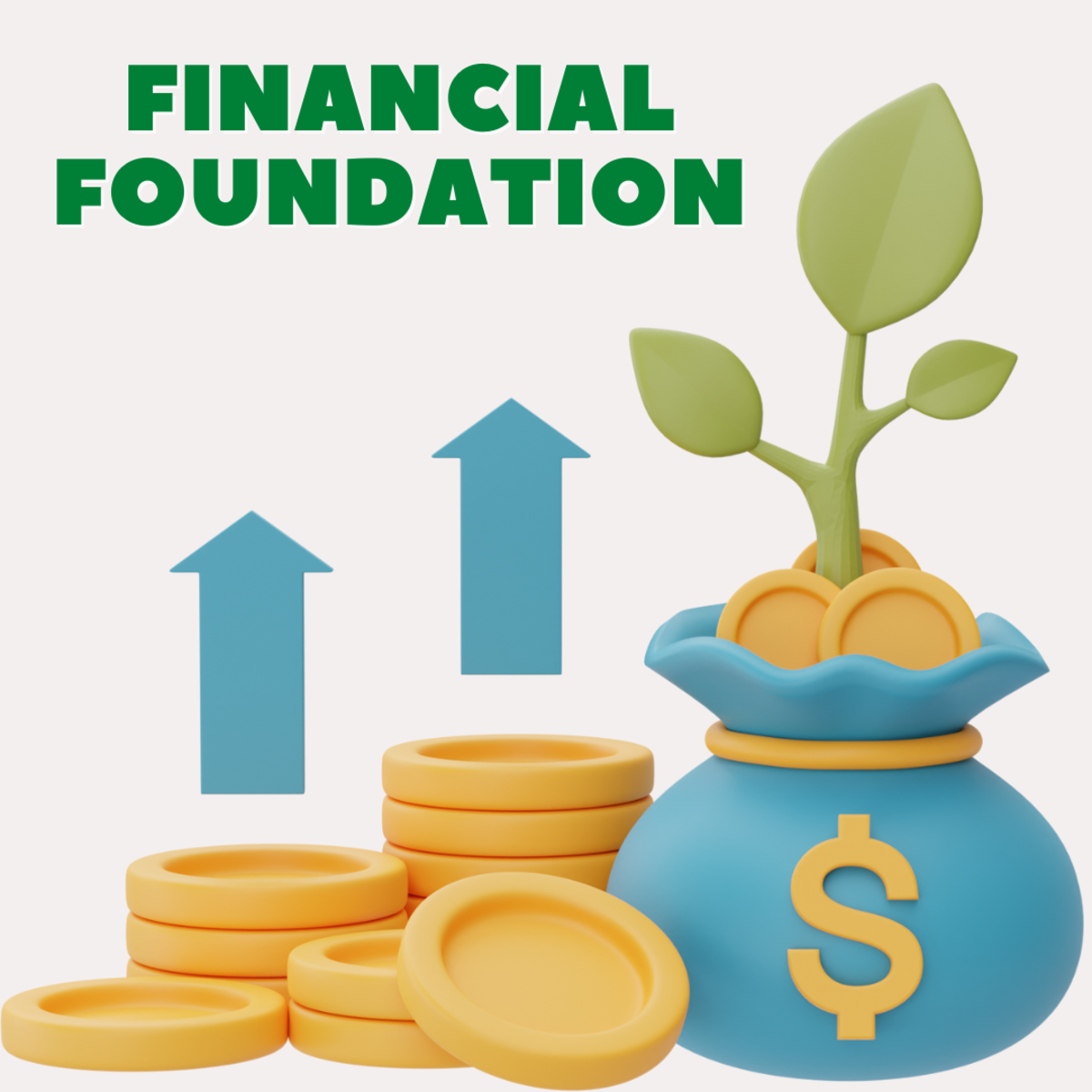The real meaning of financial independence - beyond blurry lines of interpretations
Financial Management jargon hardly leaves space for ambiguity and interpretations; numbers can be blatantly straightforward at times! However, if there’s one question that’s often debated upon, without the regular strictness of meaning in place, it’s that of financial independence.
What does financial independence really mean? Does it mean the freedom from any debt? Does it mean the freedom to resign today without having to worry about the living expenses for your family? Does it mean the freedom to work on freelance assignments from your beachside condo in Barbados for the rest of your life?
Well, probably we’re cheating here, but the truth is that for any financial independence formula to work, it has to be tweaked and aligned to the financial goals of the individual being evaluated. Here, we are going to evaluate the much debated issue of ‘financial independence’ under different scanners.
A Conventional Take on the Question of Financial Independence

Conventionally, the whole question of financial independence has always been under evaluation in the light of 'assets accumulation' and 'expense reduction'. An individual can accumulate assets by adopting one of these 2 approaches -
- accumulate assets that generate revenues to the extent that these revenues provide for the liability and living expenses of the individual
- accumulate ample liquid assets so that future living expenses are provided for
The expense reduction side of the question, however, has less definitive answers, and ultimately boils down to making simple lifestyle choices.
Now that we're clear on the key terms, let's understand the financial formula to work out the number of years a person needs to achieve financial independence.
Years to Financial Independence = [(Yearly Expenses/withdrawal rate) - Net Worth] / PAT * Saving Rate
Where, PAT = Profit after Tax
The 'Financial Freedom by Net Worth' Criteria

The method is pretty simplistic, yet practical. It's all about accumulating a net worth (compare it to a massive tank of water) from which you can draw your annual expenses' worth (compare it to your annual need for water), for at least a period of 25 years. A word of caution here – Financial Freedom by Net Worth is not a universally acknowledged formula used to qualify financially independent individuals. You need to factor in values relevant to your lifestyle choices, income opportunities, and estimated lifetime remaining. Here’s how you do it, in 3 very simple steps –
1. Calculate your net worth.
2. Calculate your annual expenses.
3. Divide (1) by (2) and you have your Financial Freedom Ratio, which is ‘the number of years that you can continue to live at your current standard of living, without any active or passive income.’
Factors such as inflation, interest earnings, etc. are already built into this formula. Generally speaking, the question of ‘financial independence’ arises when an individual crossed the milestone of an age of 40 years. Logically extending, the general rule of qualifying an individual as financially independent is when the Financial Freedom Ratio is 25 or more. Of course, younger you are, higher your Financial Freedom Ratio ought to be.
The reason why this method works well is, because like every endorsed financial indicator, it has vital information to help the analyst devise corrective strategies. For instance, a 30 year old male earning average income as per market standards of his industry, can achieve financial independence by either accumulating investable assets to contribute to his net worth, or by reducing his annual living expenses.
In How Many Years Do You Aim to be Financially Independent?
Financial Independence through Assured Cash Flows

Here's another noteworthy definition of the concept of 'financial independence'. This definition regards an individual as financially independent if he/she has enough promised annual cash flows that match his/her annual living expenses. This differs from the Financial Freedom Ratio concept particularly because it focuses on an individual's present ability to meet living expenses, and not on the net worth. This definition supplants 'net worth' by 'passive income', and as a tradeoff, assumes that the passive income stream of the individual will continue over the long run. Here are some examples of such passive income streams -
- Rental Income From Intangible Assets - This includes rental real estate and rental assets such as equipment, vehicle fleets, etc.
- Interest Earnings on Savings - Substantial bank deposits can often provide for hefty interest earnings
- Investment returns - Continued dividends on colossal investment portfolios
Royalties from Intellectual Properties - Authors, singers, musicians, technologists, etc. can have substantial passive income contributed by royalties on their intellectual properties.
I like checking these videos of Mike and Lauren. You can check this short video as well, they talk about a simple plan here.
How To Retire Early?
A Difference of Opinion

This is where many financial gurus like to differ. The assertion is, why only restrict to passive income? These financial rebels are not entirely out of point. Ask yourself - why people want to achieve financial independence. Probably so that they can pursue their life interests, travel the world, spend more time with the people they love and live a more adventurous and fulfilling life. In many ways, the whole idea of passive income defies the concept of an active life, which is why some financial analysts like to replace the idea of passive income with ‘income from sources other than job’.
So, for a techy who loves to code, financial independence is just a few years down the line, provided he can continue to enjoy working on his freelance assignments, out of his regular job. This method, unfortunately, works within very blurry boundaries and is best applied to individual cases of freelancers working in a sustainable market.
Final Words
Eventually, you have to decide how important it is for you to be financially independent, what compromises you can make for that and what financial aspects you can firmly control for an extended period of time. Now that you are done reading, you know the most relevant method of evaluating your financial independence. Better still, we’d encourage you to build your own financial independence qualifier formula that accounts for financial aspects unique to your life.








